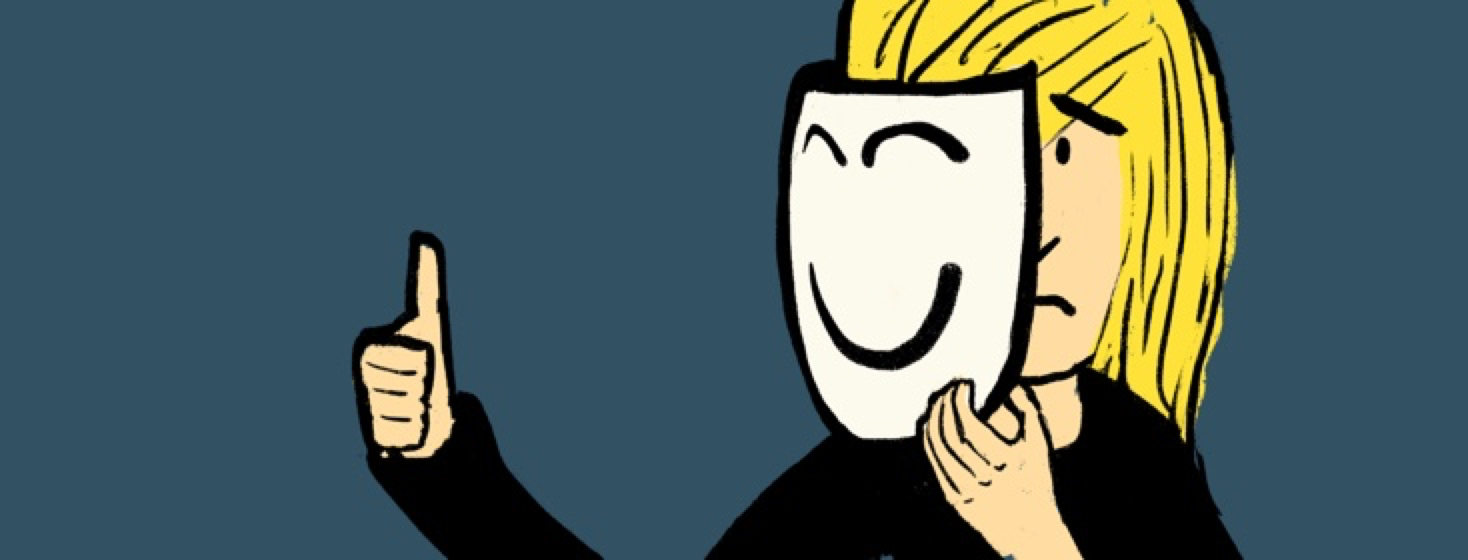Why Do We Say “It’s Only”?
Why do we downplay the less than perfect health of our bodies, dismiss our chronic disease, or whatever it is that we see as negatives about ourselves? Why, when we’re out hiking in the summer, and our face is red, burning, itching, with the beginning of a new flare, do we dismiss our friends’ comments as it’s just a little warm or it’s only a little eczema? Or we add it’ll be fine when we get out of this heat. When we know, it won’t, and we desperately want to put a cool damp cloth over it to tamp down that fiery itch? Or we’re dying to scratch that itchy area on our face that we know will just cause more redness, more flaking, and definitely more irritation.
Downplaying the impact of eczema
When the handle on the hiking pole hits at the very spot where an old flare has returned and begun weeping, we don’t even need someone else to comment. We tell ourselves it's only our atopic dermatitis.
If a friend mentions we’re limping today, why do we say it’s only a kink, then try to hide the fact that it hurts! Or worse, we say it’s nothing, even when our knees are screaming in pain.
Why do we hide it?
Why do we try to hide, or at the very least minimize, these parts of our lives, of our bodies? Is it that we don’t want to be seen as a complainer? Or be seen as “less than.” Do we think our friends will think differently about us?
Is it that we might feel more vulnerable? That we might not maintain control over how others see us? A way of preserving our self-esteem? That might keep us just the same as our friends - not different in ways our conditions actually make us different. But perhaps those friends are doing the same, hiding what they consider a less than perfect life. If we did admit to our health condition, whatever the problem, what would happen? We might just find that a friend is also holding back something we know nothing about or has a family member in a similar circumstance. As long as we don’t become that person who can only talk about our problems, our friends will still be there.
Avoiding the topic
Perhaps we just feel no matter how bad it is, it’s as good as it gets. We’ve dealt with this, whatever it is, for so long, that it’s become like an old friend. We’ve learned not to admit we’re actually human, a little broken, and fallible. So we just change the subject.
Most of us do this until we either come to the realization that it will not change how our friends and family see us, or we become too numbed, too tired of continually putting up a false front. Perhaps it’s time to accept that we’re human and not the only one who’s facing difficult times. It’s not that we should talk about our problem constantly, but admitting there is one, is a good start toward honesty. Both with ourselves and with our friends and family. Time to show some self-compassion, be kind to yourself. Time to take ‘it’s only’ out of our vocabulary.

Join the conversation